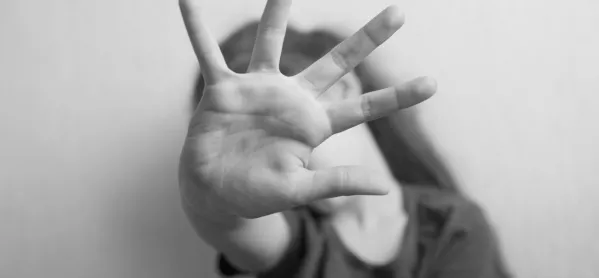Four in five people believe that the responsibility for school-aged boys’ sexual misconduct lies with parents, rather than teachers, new research suggests.
The YouGov polling, shared exclusively with Tes, comes as Ofsted prepares to publish its review into sexual abuse in schools, for which it has investigated safeguarding policies in both the state and independent sector.
The watchdog’s review follows an outpouring of allegations of sexual misconduct in schools unearthed by the website Everyone’s Invited.
Exclusive: Half of teachers need more help on pupil sexual conduct
Revealed: Rape and revenge porn among secondary students
Background: Government launches review into school sexual abuse
In the YouGov survey of more than 1,600 adults, only a very small proportion (4 per cent) said they thought that teachers or headteachers should be held accountable for boys’ sexual misconduct or harassment - compared with 80 per cent who hold parents responsible.
Teachers ‘not responsible for boys’ sexual misconduct’
A further 5 per cent of adults feel that neither parents nor teachers are responsible for the behaviour.
The research comes after a survey by Tes found that almost half of teachers feel there is insufficient official guidance for schools on how to deal with allegations of sexual harassment and violence.
Staff have also revealed “concerning” levels of sexual harassment and misconduct in both secondary and primary schools, as outlined in separate Tes survey findings.
Matt Buttery, chief executive of social enterprise Triple P UK, which offers parenting support, said: “Teachers do an incredible job and so often their work goes beyond classroom teaching - but we can’t expect them also to be social workers, mental health experts, counsellors and police officers.
“This poll finds that the vast majority of people agree and believe that, ultimately, responsibility for their children’s behaviour, including when it comes to sexual misconduct, lies with parents. Indeed, parents are the biggest influencers on their children, and so are the best people to teach them social skills, about relationships and how to show respect for others.”
He added: “Moving the discussion about parenting and parenting skills into the mainstream, and adopting a public health approach, will destigmatise and normalise it, and help parents realise that it’s OK to ask for help.”




